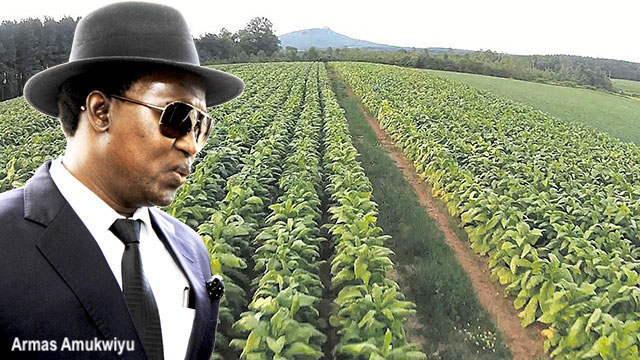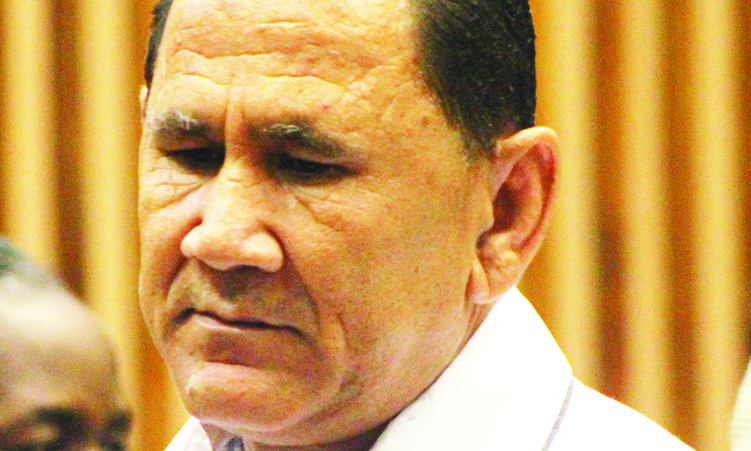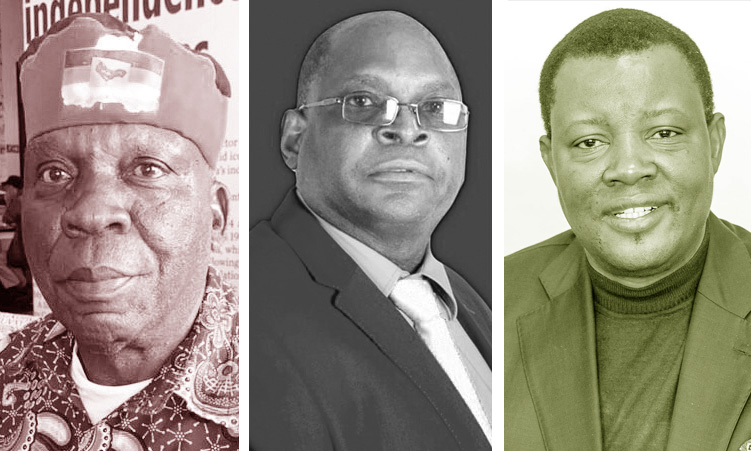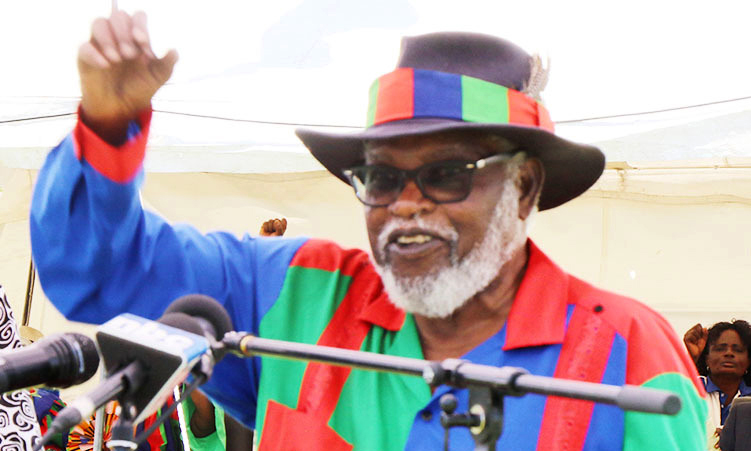A CHINESE-OWNED tobacco company that employed seven Namibians is excused from paying national taxes through a policy that finance minister Calle Schlettwein blasted as ripping off Namibia.
The company, Namibia Oriental Tobacco CC, wants to grow tobacco on 10 000 hectares of land at Liselo, outside Katima Mulilo, in north-eastern Namibia. It is co-owned by Swapo’s Oshikoto regional coordinator Armas Amukwiyu and his Chinese partners.
According to information issued by Schlettwein, the company invested N$10 million in Namibia, and “created seven jobs for Namibians”.
Schlettwein listed Namibia Oriental Tobacco CC as one of the 19 special companies which received Export Processing Zone (EPZ) status.
An EPZ is a government policy which allows companies – in this case Namibia Oriental Tobacco CC – to avoid paying various taxes, including corporate income tax, stamp and excise duties, as well as value-added tax on the purchases of equipment and raw materials imported into Namibia.
The benefits don’t end there. Namibia’s EPZ law states that any services provided to an EPZ-accorded entity should not carry VAT. This, for instance, means that when the tobacco plantation feeds the factory, such trade will not carry VAT.
Amukwiyu promised to call back yesterday since he was driving. He in a way admitted that they received a tax exemption, but promised to provide more details later.
He said the seven Namibians were employed at the company when it started.
EPZs are issued through the state-owned Namibia Industrial Development Agency (Nida), which falls under Tjekero Tweya’s trade ministry.
Nida’s acting chief Uparura Kuvare confirmed the EPZ issue, but preferred to answer written questions.
He did not respond to questions on time, despite promises to do so yesterday. Namibia introduced the EPZ regime in 1995 as a tax incentive to attract export-driven manufacturing companies.
The government hoped that these companies would bring technology, money, skills and jobs as well as boost the country’s foreign currency reserves.
But this arrangement backfired.
“The factual situation is that Namibia’s EPZs were not achieving the targets they were set up for, for example employment- creation, growth, and improved revenue streams,” Schlettwein told The Namibian on Saturday.
He continued: “To the contrary, they resulted in being a net loss because we forfeited more income through the tax holiday for EPZs than additional tax revenue through improved economic activity”.
Some companies which benefited from these incentives failed, and others fear that it could get worse if the incentives are scrapped.
The selection on who gets these tax-free benefits has always been murky. They mostly appear to be pushed towards companies with political links.
EPZs became a hot topic several years ago when it emerged that president Hage Geingob – as trade minister– approved giving the French-owned uranium mine Trekkopje export processing zone status.
This allowed the company to avoid paying taxes for five years, a privilege not enjoyed by other uranium miners, such as Rössing Uranium and Langer Heinrich.
Geingob, who was paid a consulting fee of N$3 million by UraMin [the sellers of the mine which received EPZ status], denied any wrongdoing in the past.
The tobacco plantation appears to be politically pushed.
Amukwiyu, out of the blue, apologised to Geingob in July this year.
Geingob responded by saying “the small boy [Amukwiyu] has done it. He apologised with intent and sincerity”.
Some suspect that there was a meeting in Zambezi before a Swapo rally that month, where Geingob’s top administrators agreed to allow the project to go ahead.
The plantation idea has been widely criticised, while some Cabinet ministers have endorsed it.
The proposal has been around for years, but gained prominence again last year when the Chinese company made a presentation to Cabinet.
One of the key figures in approving or rejecting the plantation project is land reform minister Utoni Nujoma, who reportedly facilitated entry for the Chinese company to present at Cabinet last year.
He has in the past supported the project, claiming in parliament in 2016 that the plantation would set Namibia on a path to industrialisation.
At the time, Nujoma said Namibia should learn from Cuba, which exported Cuban cigars, and that the tobacco would not be for local consumption.
Stay informed with The Namibian – your source for credible journalism. Get in-depth reporting and opinions for
only N$85 a month. Invest in journalism, invest in democracy –
Subscribe Now!






